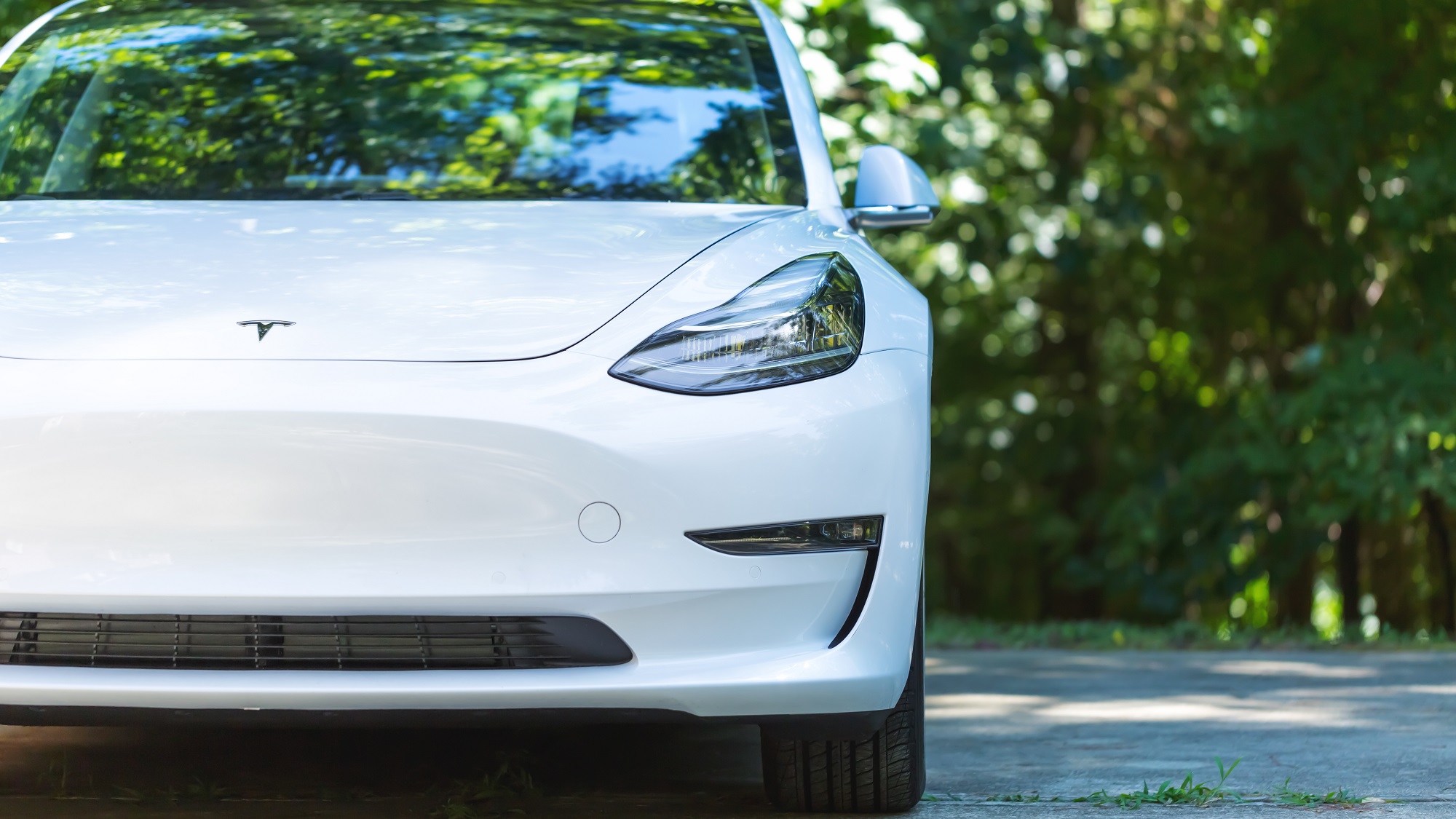The average price of an electric car just rose to $66K
The average cost of an electric car just went up — how much of a problem is that?

One of the biggest problems with electric cars is the price. As a group, even with subsidies, they are noticeably more expensive than their gasoline-powered rivals. Unfortunately, a new report from Kelley Blue Book claims the average price of a new EV has risen to $66,000 — a 13.7% increase year over year. That’s cars sold, not the average price of cars available.
Of course, the prospect of electric cars getting more expensive is not something people want to hear. If electric cars are the future the prices will need to come down, and be more in line with the gas-guzzlers they’re set to replace. But is a rise in the average price something you should be worrying about?
Why is the average cost of an EV so much higher?
According to Kelley Blue Book, the average cost of a non-electric car right now is $48,043 — $18,000 less than the average electric car purchase. It’s a pretty big discrepancy, and you might be wondering why electric cars cost so much more in the first place.
The main reason electric cars cost so much is the battery. While prices have dropped quite significantly over the past several years, lithium-ion batteries are expensive to produce and deploy. Plus, as automakers increase battery size, which is one method of improving range, the car in question will end up costing more.
You also have to consider that while electric cars have been around in some form for decades, modern EVs are a fairly new thing. That means automakers have to spend more time and money on research and development to get themselves into the market. Combine that with the fact a lot of automakers have relatively small electric portfolios, and it means those costs have to be recuperated from a much smaller number of vehicle sales — increasing the list price.
Lack of competition can also be a factor, given the relatively small number of electric cars on the market so far. But the more companies that start selling electric cars, and the more models that become available, then prices should trend downwards as they compete for your business.
Inflation and supply chain issues are partly to blame
Like everything else, the automotive industry is getting hit pretty hard by inflation. To make matters worse, the supply chain has been a mess for the past two years, and it doesn’t look like it’ll be improving anytime soon. All combined it means producing cars is more expensive, and prices have been rising to accommodate that.
Sign up to get the BEST of Tom's Guide direct to your inbox.
Get instant access to breaking news, the hottest reviews, great deals and helpful tips.
Right now that Tesla RWD Model 3 costs at least $46,990 — an increase of almost $10,000.
Tesla is one of the best examples, with several notable price hikes across its line-up over the past year or so. Take the Tesla Model 3, for instance. The Standard Range Plus model originally debuted at $37,000, rising to $38,190 in February 2021 and later $43,990 when it was replaced with the new and improved RWD Model 3 last November. Right now that same RWD Model 3 costs at least $46,990 — an increase of almost $10,000.
Tesla’s not the only car company to have raised its prices due to inflation and rising material costs. The electric car startups Rivian and Lucid have also increased prices to combat inflation costs, as did General Motors with the upcoming Cadillac Lyriq.
Similarly this problem isn’t restricted to electric cars. Cars of all kinds are being hit by rising costs, with the average cost of a new gasoline car rising to $48,043. That’s an increase of 12.7%, and while not as high as 13.7%, it’s still pretty high.
Elon Musk has claimed that prices could come back down “if inflation calms down," but we can’t possibly say if and when that might happen — or if other automakers would follow suit. For the time being we all just have to expect that, like so many other things, electric cars are getting more expensive.
Premium electric car sales can skew the average
One thing to remember about averages is that prices can be skewed pretty easily — especially when you consider some of the pricier electric cars out there. The Tesla Model S Plaid will cost you at least $135,990. The GMC Hummer EV Edition 1 is $105,595 and the Lucid Air can cost as much as $179,000.
The cheapest electric car in the U.S. is the 2023 Chevy Bolt, which costs $26,595, and there are less than half a dozen other cars available for under $35,000. Neither of those figures are small amounts of money, especially when something like a Chevy Spark starts at $13,600, but that’s what passes for cheap in the new electric car market.
However, a cursory glance at the electric cars that are on sale right now will tell you that the number of premium electric cars far outweigh the budget options. Those are the cars that come with nice features, like long range, autonomous driver assistance and all the other things electric cars are known to offer.
Meanwhile, the cheap options are much more spartan by comparison — particularly in the range department. The $27,400 Nissan Leaf model offers 149 miles of range, while the $29,900 electric Mini SE offers just 114. The Chevy Bolt and Bolt EUV may offer a respective 259 miles and 247 miles of range, but they are exceptions rather than the rule.
So typically, if you want an electric car for something other than casual city driving, you’ll end up with a more expensive model. Plus, if you’re spending a lot on a car already, it’s pretty easy to justify spending a little more on extravagant features that don’t come with the base model. And the law of averages means that the more cars that are available in any particular segment, the more they will sell. All of that pushes the average sales price upwards.
Electric car price hike: should you be worried?
The thing about averages is that they provide a very closed view of what’s available. Sure, it may seem scary that the average price of an electric car is on the rise, but it doesn’t take anything else into account. Like the fact the Chevy Bolt costs under $27,000, or that it enjoyed almost a $6,000 price cut at the start of June. So in the same way that you can buy a gasoline-powered car for under $48,000, you can easily find some form of electric car that’ll cost you significantly less than $66,000.
The only major problem there is that there isn’t a huge amount of low-cost choice at the moment. The fact is that electric cars, and their batteries, do have extra costs associated with them means there aren’t many ways to lower the price. Especially for the automakers that are new to the technology and taking their first steps towards electrification. But the more that do, and the better they become at maximizing range and producing batteries, the lower prices will start to go.
Unfortunately, we’re at the point where inflation is affecting every facet of everyday life. Whether it’s rent, food, gasoline or something else entirely, pieces are rising across the board and there’s not much any of us can do about it. Cars, whether they run on electricity or gas, unfortunately don’t get a free pass.
In other words, worrying isn’t a good idea. There are cheaper electric cars on the market, and the prices should trend downwards as more automakers roll their own bandwagons off the production line. Here’s just hoping that the inflation and supply chain issues end up a monetary blip in the grand scheme of things.

Tom is the Tom's Guide's UK Phones Editor, tackling the latest smartphone news and vocally expressing his opinions about upcoming features or changes. It's long way from his days as editor of Gizmodo UK, when pretty much everything was on the table. He’s usually found trying to squeeze another giant Lego set onto the shelf, draining very large cups of coffee, or complaining about how terrible his Smart TV is.
